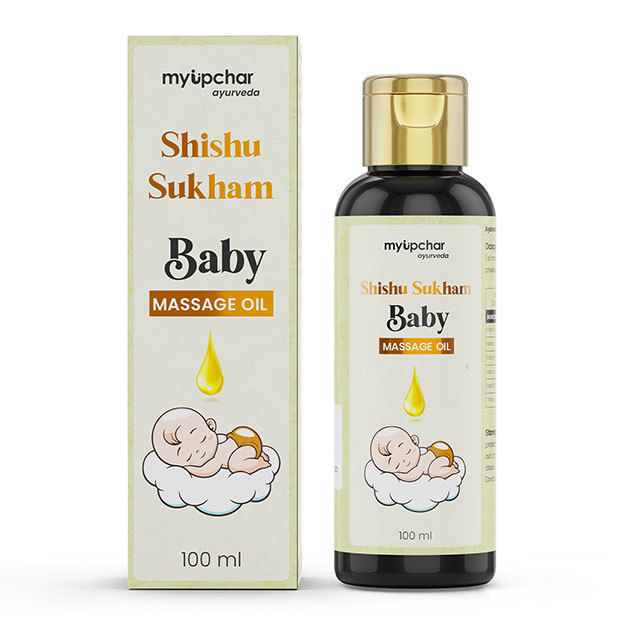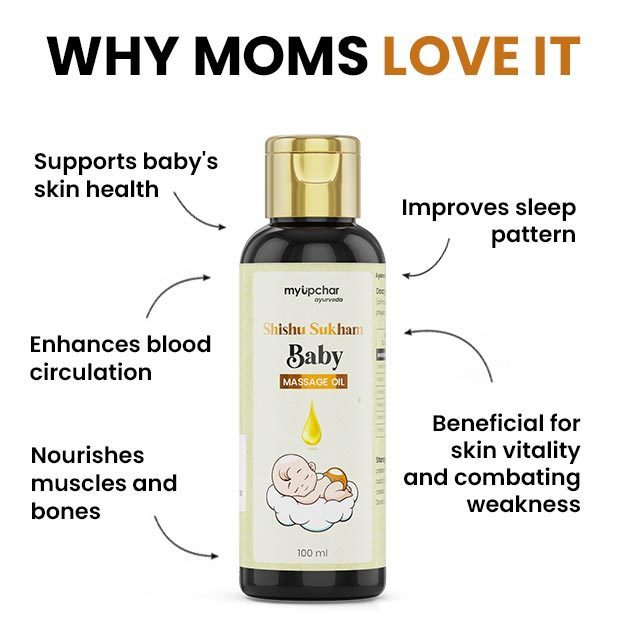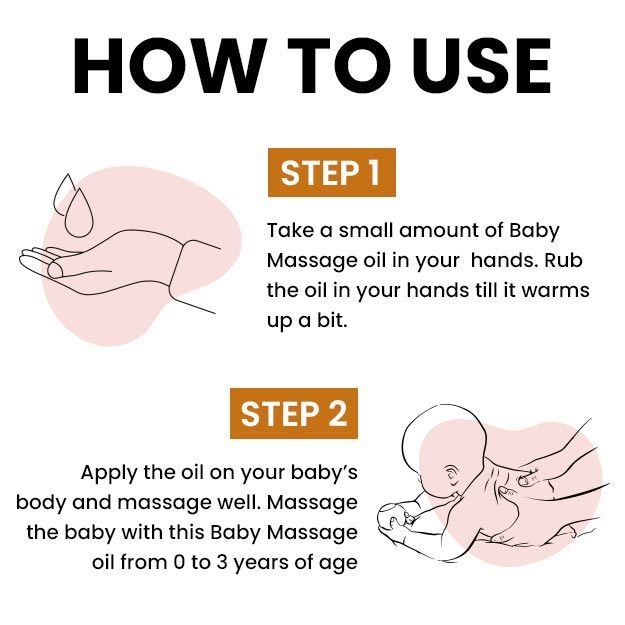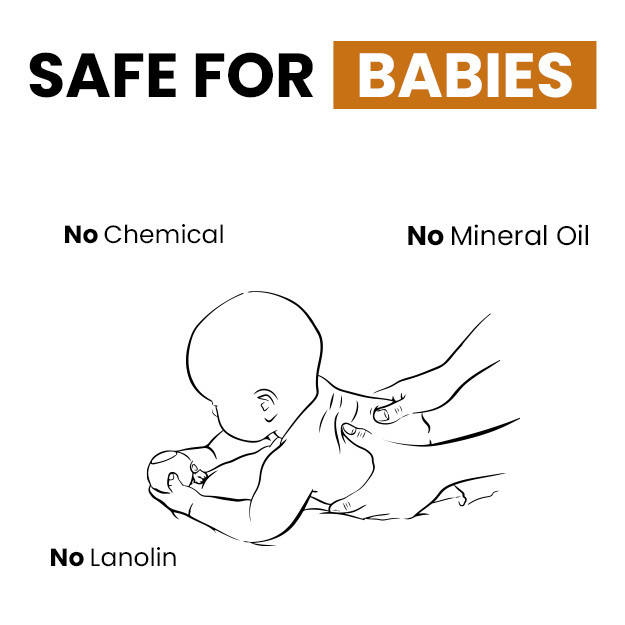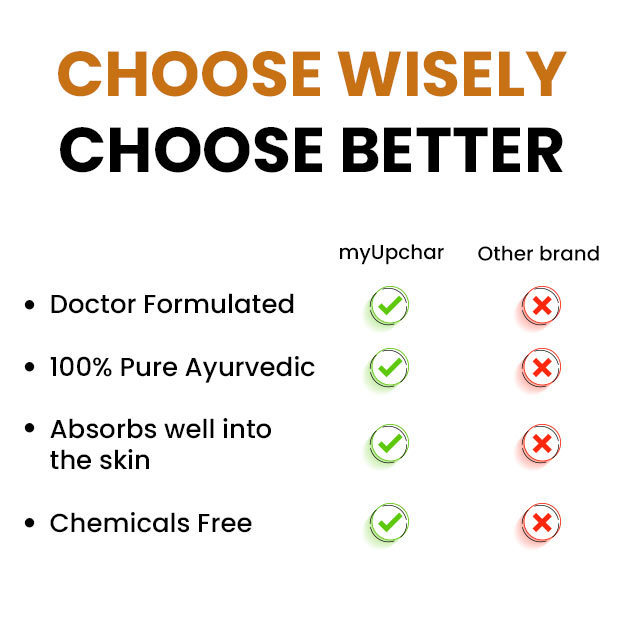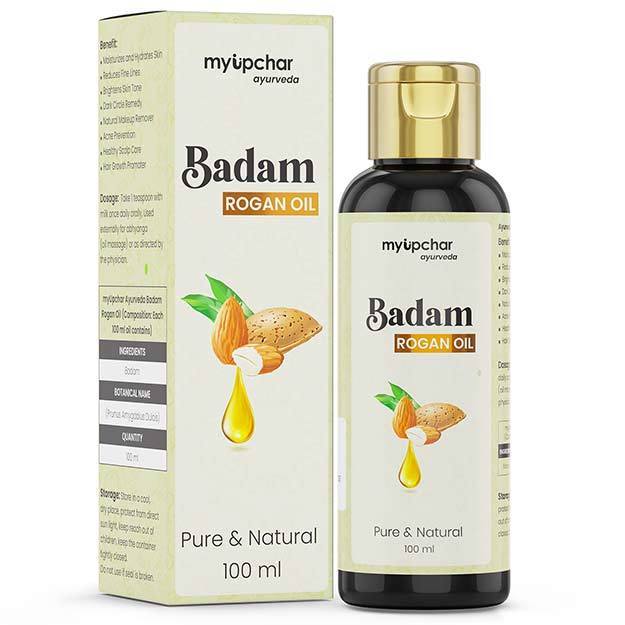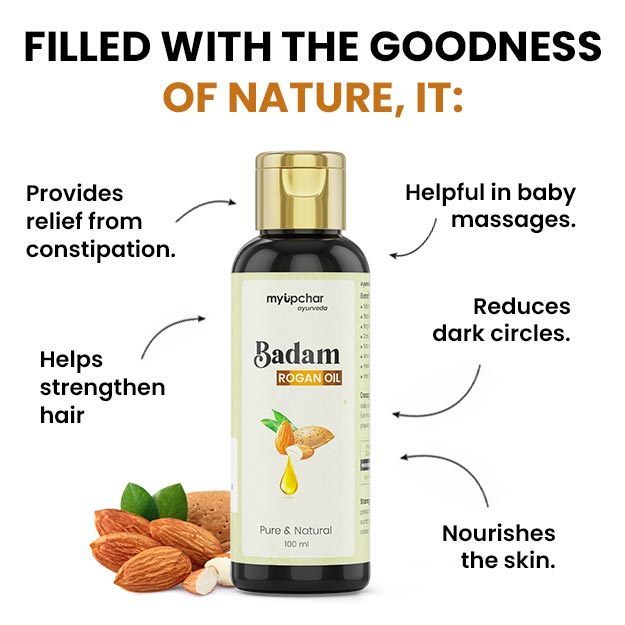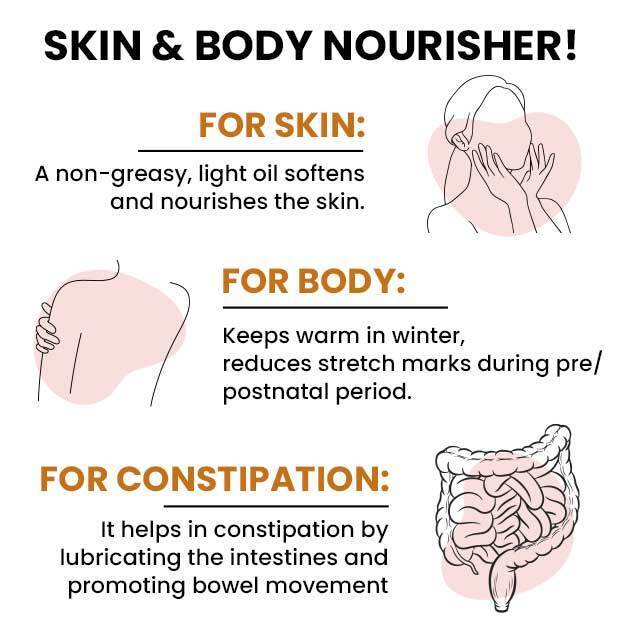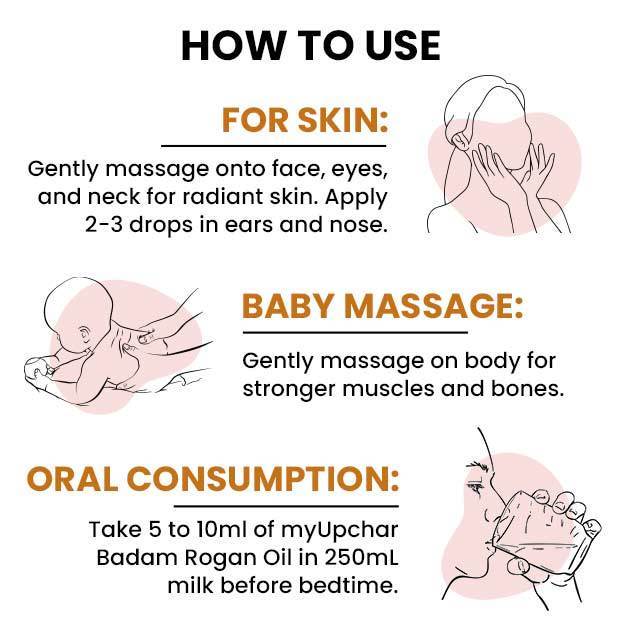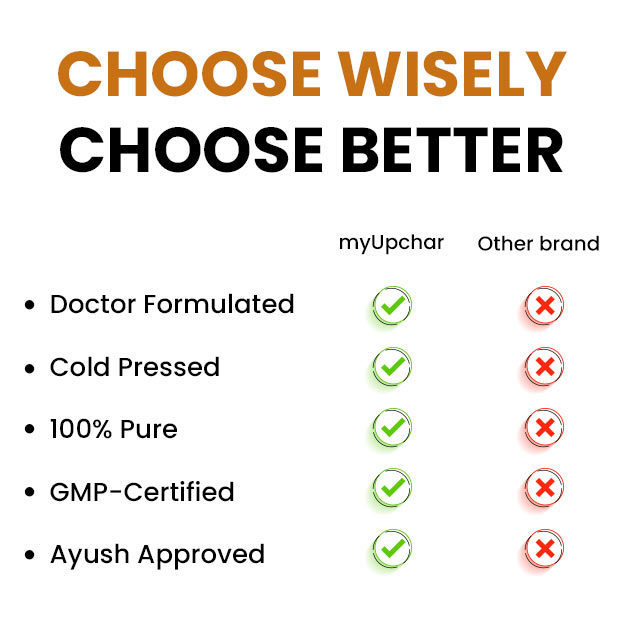Every parent wants their child to be healthy, and immunization or vaccination plays a huge role in accomplishing this goal. Vaccinations are the most effective means of eradicating preventable infectious diseases once and for all, which is why governments, doctors, and institutions like the World Health Organization (WHO) recommend that the process should be started right after babies are born so that they can build immunity against diseases like hepatitis, chickenpox, polio, etc.
Vaccines boost the body's immune system by creating resistance towards infectious diseases. Vaccines contain disease microbes or viruses which are weak or dead. After their introduction, the body’s immune system is artificially activated into building an adaptive immunity towards the particular disease.
When a large part of the population builds an immunity against a particular disease, herd immunity kicks in and it can lead to the total elimination of the disease in that population. This type of widespread immunity through vaccination is the reason why smallpox was successfully eradicated from the entire world. Tetanus and polio have also been eliminated from most parts of the world thanks to mass vaccinations.
To make sure that your baby is protected from these and other preventable diseases, you should follow the recommendations of the government and doctors and get your children vaccinated accordingly.





